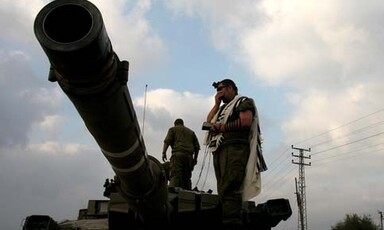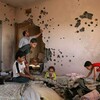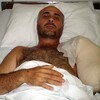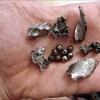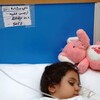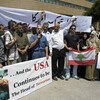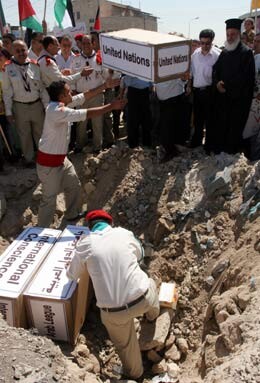
No escaping the consequences of this war
9 August 2006
When the orgy of destruction stops and the dust of battle settles, leaders in most countries of the region and worldwide will retreat behind safe doors to assess the outcome. Israel’s latest war has placed the region at the doorstep of a new, and a totally different era. Hardly any country will escape the consequences. Israel may have the most on its post-war menu. The war has shaken the foundations of matters once taken for granted. It has underlined that Israel’s security cannot be guaranteed by military superiority alone, even with unlimited support from a superpower. Read more about No escaping the consequences of this war

